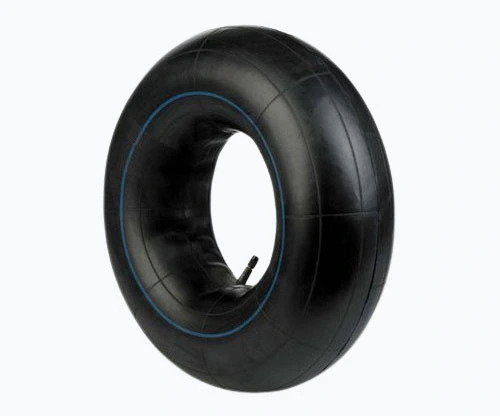Tel: 0129-4001010 Phone: +91 730 321 5033
Email: cs@absoluteveritas.com
BIS CERTIFICATION FOR AUTOMOTIVE VEHICLES TUBES IS 13098:2012
In today's competitive landscape, maintaining market presence without a certified, high-quality product can be challenging. Obtaining a BIS license may also be essential for selling products in the Indian market. To achieve BIS certification and ensure product quality, manufacturers must adhere to the specified Indian standards.
Let's delve deeper into at IS 13098: 2012 for automotive vehicles- Tubes for pneumatic tyres.
IS 13098 covers Tubes for pneumatic tyres used in automotive vehicles. This Indian Standard (First Revision) was adopted by the Bureau of Indian Standards after approval from the Transport Engineering Division Council and finalization of the draft by the Automotive Tyres, Tubes, and Rims Sectional Committee.
This standard outlines the requirements for pneumatic tyre tubes designed for automotive vehicles falling under categories L1, L2, L5, M, N, and T as defined in IS 14272:2011 'Automotive vehicles — Types, terminology.' Each tube must bear the Standard Mark (ISI Mark), and manufacturers need to acquire a BIS license from the Bureau of Indian Standards to utilize the standard mark (ISI Mark).
The inner tube, a flexible container, expands until bursting when filled with compressed air, unless constrained by the tire, acting as a casing. These tubes must consist of suitable rubber compounds, vulcanized into an endless annular ring shape, and equipped with a valve or spud conforming to IS 9081.
The tubes will be categorized into two groups:
-
Class A: Butyl IS rubber/Halo-butyl rubber, and its derivatives and blends
-
Class B: Natural rubber and its derivatives and blends
Every valve attached to each tube must undergo inflation to round out and be tested in water to detect any leaks. Pneumatic tires offer a notable benefit in absorbing uneven terrain, resulting in a smoother ride with reduced bumpiness and shaking. Additionally, they will feature thicker treads to enhance traction when traversing loose or uneven surfaces.
TESTS
The subsequent test must be conducted for automotive vehicles tyres.
-
Thickness
-
Elongation
-
Strength of splice
-
Ageing test
-
Air tightness
Labeling and marking must adhere to the specifications outlined in IS 13098:2012. Optionally, each tube may bear the Standard Mark (ISI Mark). Manufacturers are required to obtain a BIS license from the Bureau of Indian Standards to utilize the standard mark (ISI Mark). This license is granted following a thorough assessment of the manufacturer's manufacturing infrastructure, production process, and quality control and testing capabilities during an inspection of their manufacturing facilities.
PROCESS FOR BIS ISI MARK CERTIFICATION

BIS CERTIFICATION PROCESS
Acquiring a BIS license requires a comprehensive review of manufacturing infrastructure, quality control abilities, testing resources, and production procedures. This thorough assessment guarantees that products not only adhere to regulations but also prioritize consumer safety and reliability.
NOTE:
For comprehensive guidance on the BIS ISI Certification process, please explore:
WHY USE ABSOLUTE VERITAS?
Absolute Veritas is a prominent organisation from the private sector of India primarily dealing with the Inspection, Testing, Audits, Certification of products& consulting services to various industries in India and worldwide, ensuring compliance with regulatory standards and industry requirements. Offering a comprehensive range of services including product certification, testing, training, auditing, and compliance services, Absolute Veritas helps manufacturers and importers achieve higher production efficiency and quality standards.
Absolute Veritas (AV) will handle end to end pre-registration request, sample preparation, documentation, testing and application process for FMCS Certification
For any questions regarding the most recent update on FMCS registration licenses, please reach out to us via email at cs@absoluteveritas.com



